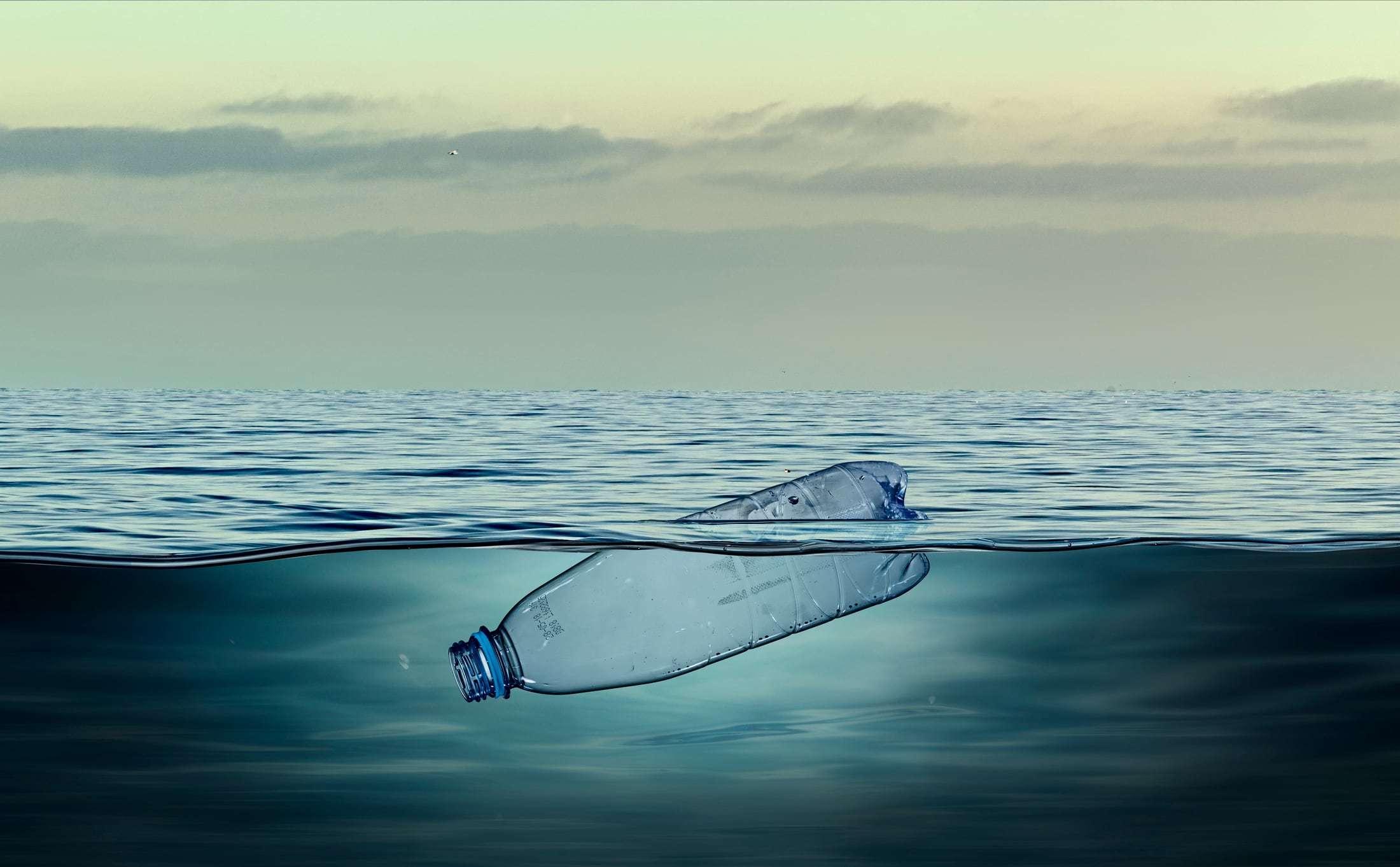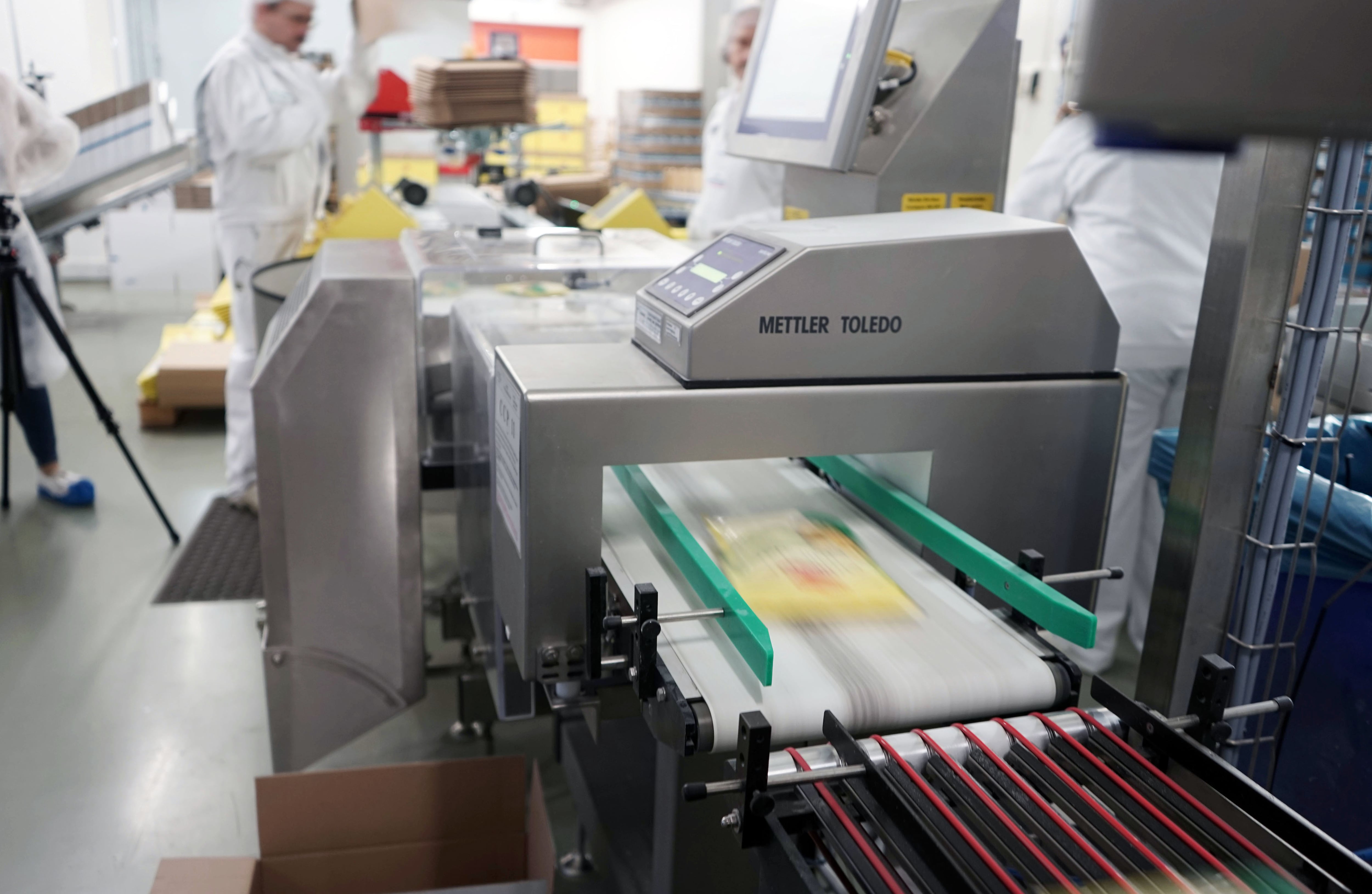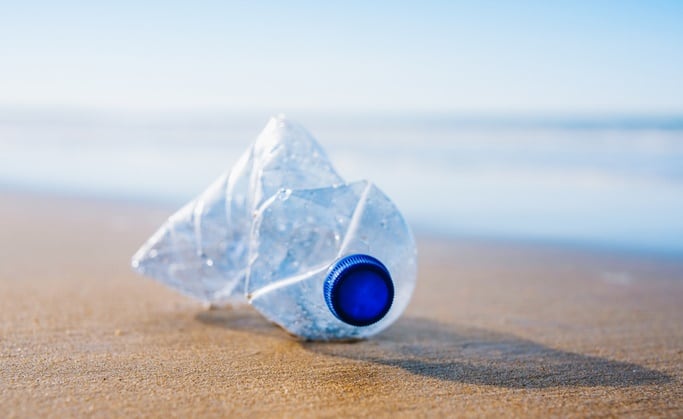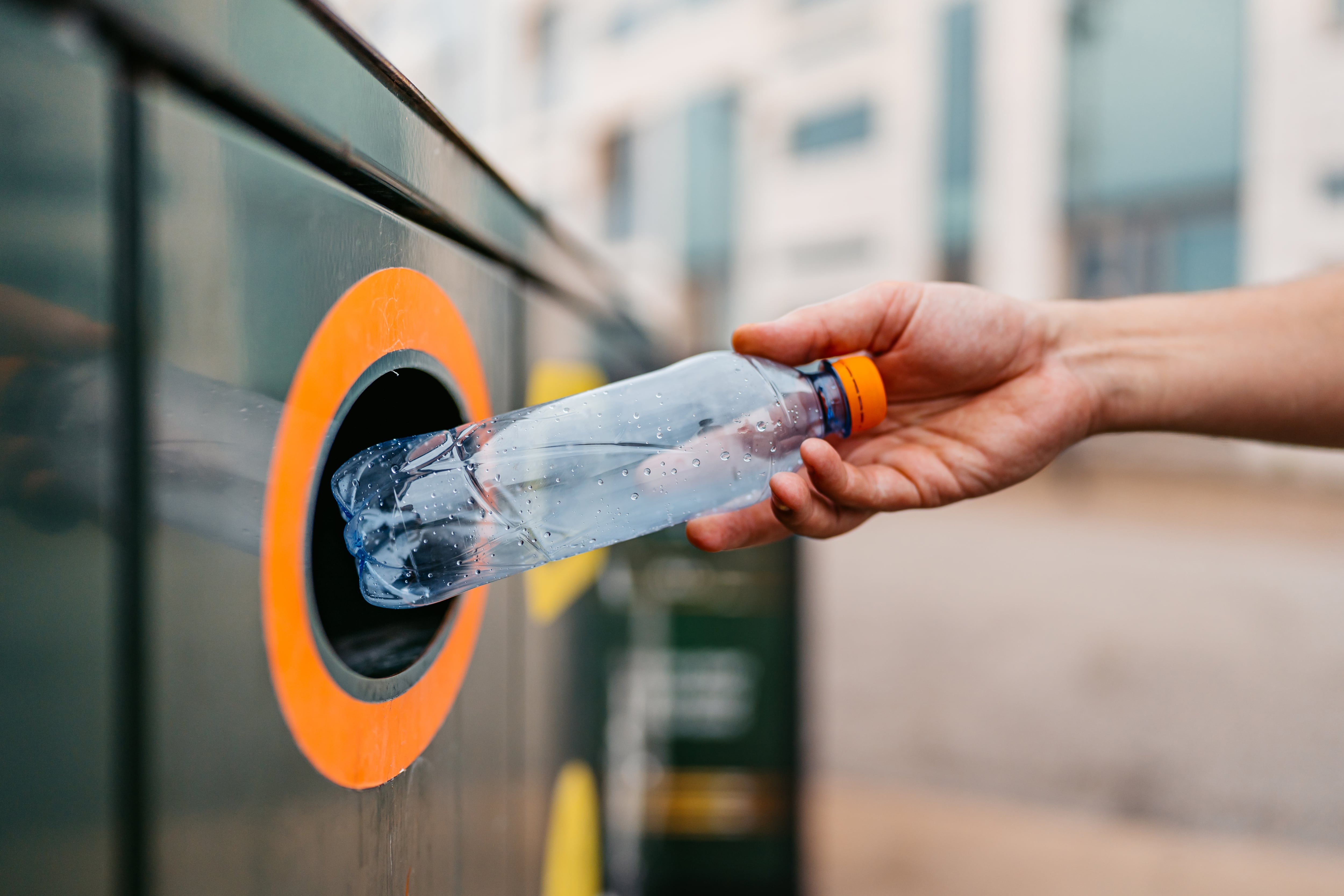This resumed fifth session was held over the course of 10 days and saw more than 2,600 participants gather at the Palais des Nations in Geneva to discuss the Global Plastics Treaty. The group included almost 1,000 observers from more than 400 organisations.
The chair of the negotiating committee, Luis Vayas Valdivieso, presented two treaty text drafts. However, these were rejected by representatives from 184 countries, with many saying the proposals lacked key elements.
“No treaty is better than a bad treaty,” Ana Rocha, global plastics policy director at the Global Alliance for Incinerator Alternatives (GAIA) said.
“We stand with the ambitious majority who refused to back down and accept a treaty that disrespects the countries that are truly committed to this process and betrays our communities and our planet.”
Negotiations started in March 2022, with 175 nations voting to adopt a treaty for plastic pollution in a historical move.
The original aim was to agree the treaty by the end of 2024. The disagreement between countries centres mainly around possible restrictions on the most problematic plastics, polymers and chemicals and how these should be tackled – i.e., by reducing plastic production or by managing the pollution that comes from plastic.
“Once again, negotiations collapsed, derailed by a chaotic and biased process that left even the most engaged countries struggling to be heard. A broken, non-transparent process will never deliver a just outcome. It’s time to fix it – so people and the planet can finally have a fighting chance," continued Rocha.
‘Countries lacked courage to take action’
While many countries expressed frustration at the lack of progress and explicitly called out ‘petro-state stalling tactics’ as consequence of this lack of agreement, Salisa Traipipitsiriwat of Environmental Justice Foundation (EJF) Thailand argues that no country took action to unlock negotiations and exercise democracy.
“It’s unbelievable we’re still stuck with this bloated text full of brackets at this stage of the negotiations,” said Traipipitsiriwat.
“Consensus is clearly holding us back from reaching agreement, yet still countries did not have the courage to take action. Yes, voting is politically sensitive, but we need to put it on the table if we are to secure a strong treaty. It’s now or never.”
“Failing to reach the goal we set for ourselves may bring sadness, even frustration. Yet it should not lead to discouragement. On the contrary, it should spur us to regain our energy, renew our commitments, and unite our aspirations,” Valdivieso said in a statement after negotiations stalled.
‘Too much open to interpretation’
Alice Rackley, CEO of tag and trace technology company Polytag described the outcome as frustrating, with countries relying on grassroot national plans to prove progress in an environment currently “beset by a massive data gap”.
“Too often, it relies on estimates, and as a result, plastic is routinely downcycled, exported, burned or dumped, fuelling the environmental crisis we see today. But there are solutions, and there are nations that understand the value of innovation to champion change and provide the blueprint for a scalable circular economy,” she contended.
“This is why it’s so frustrating to see such critical negotiations conclude without the ambition this crisis demands.”
With no agreement in place, Rackley says it’s left too much open to interpretation, including no clear accountability and little acknowledgement of plastics’ full lifecycle.
“Countries are now left to decide for themselves how seriously they’ll take the problem. This is not a global response, but rather a global shrug,” she added.
“Even throughout the treaty discussions, there was almost no mention of data, but without it, countries can’t track progress or be held to account.
“From production and product design to improving waste management systems and evaluating legacy pollution, many parts of the final text simply cannot be assessed – let alone implemented or reported on - without reliable, verifiable information on plastic lifecycles.”
As Rackley states, the technology exists to close these data gaps, such as barcodes and digital product passports, governments must now show the political will to adopt it.
“Crucially, they [governments] must also support technology transfer to developing nations if we’re serious about global accountability.”
‘Cause for optimism’ says Unilever
Unilever’s chief sustainability and corporate affairs officer said that whilst the company is “disappointed at the lack of an agreement”, there is still reason to be hopeful.
“There is cause for optimism; the strong alignment among governments, business and civil society groups calling for a treaty with harmonised regulations across the full lifecycle of plastics is encouraging. Harmonised regulations are essential to reduce business complexity and cost, whilst also increasing confidence to invest in solutions. We will continue our efforts to tackle plastic pollution and stand ready to support governments to deliver globally coordinated regulations.”





